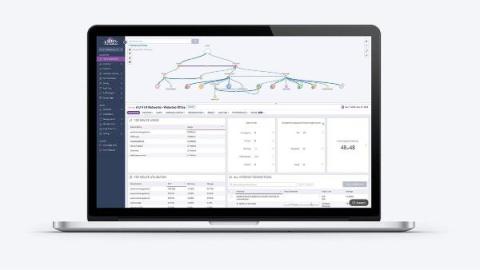How to Develop a Successful Advertising Campaign: A Guide
Creating a successful advertising campaign is both an art and a science, requiring a blend of creativity, strategy, and market insight. In today's fast-paced digital landscape, the ability to craft compelling messages that resonate with your target audience can make or break your business. This guide will walk you through the essential steps of developing an effective advertising campaign, from defining your objectives and understanding your audience to selecting the right channels and measuring success.










